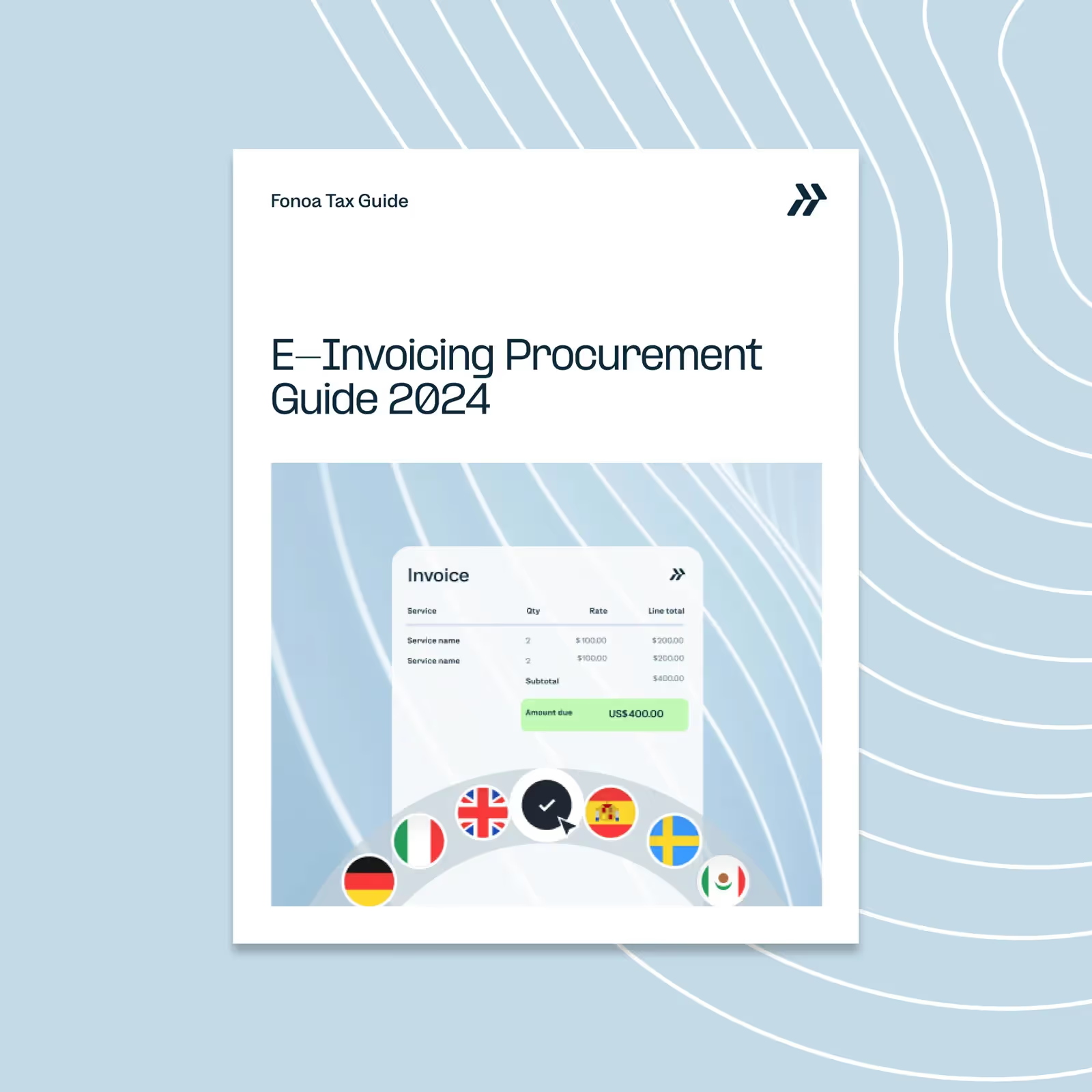The UAE Ministry of Finance has issued two ministerial decisions establishing the national Electronic Invoicing System. This development marks a shift towards mandatory structured e-invoicing, requiring businesses to replace manual and PDF-based invoicing with automated, compliant processes.
Timeline
- July 1, 2026: Pilot programme begins with a Taxpayer Working Group.
- January 1, 2027: Businesses with annual revenue ≥ AED 50m (≈ EUR 11.65m) must adopt e-invoicing.
- July 1, 2027: Businesses with annual revenue < AED 50m must adopt e-invoicing.
- October 1, 2027: Government entities must adopt e-invoicing.
Impact
- Scope: Applies to persons conducting business in the UAE for all business transactions, unless excluded (e.g. certain airline services, exempt or zero-rated financial services).
- Exclusions: B2C transactions are not yet subject to the mandate.
- Requirements:
- All invoices and credit notes must be electronic, structured, and transmitted through Accredited Service Providers.
- All Electronic Invoices and Credit Notes must be reported to the Federal Tax Authority.
- Invoices must be issued within 14 days of the business transaction.
- Businesses must store invoice data within the UAE.
- Any system failure must be reported within 2 business days.
The rollout demonstrates UAE’s commitment to digital transformation and will require businesses to update systems and processes to align with the new standards.

















